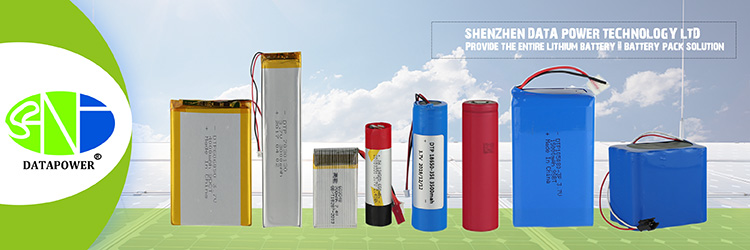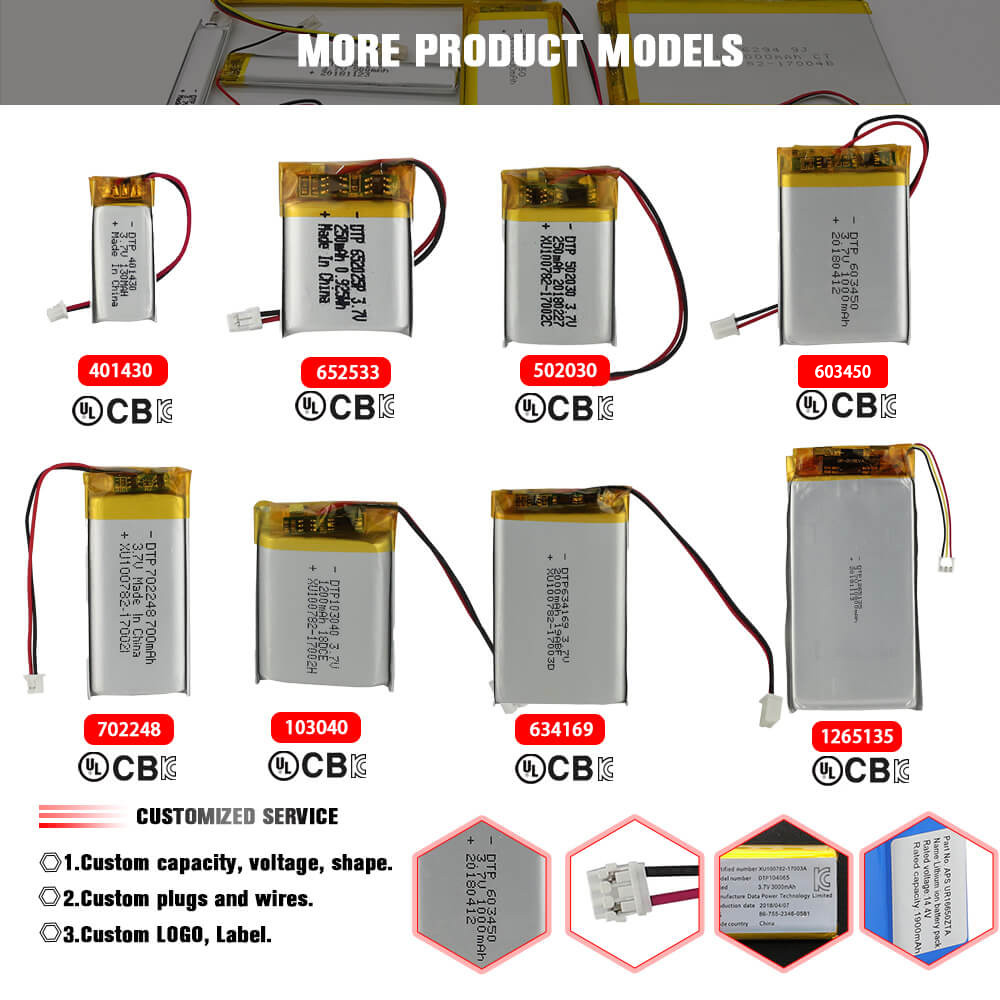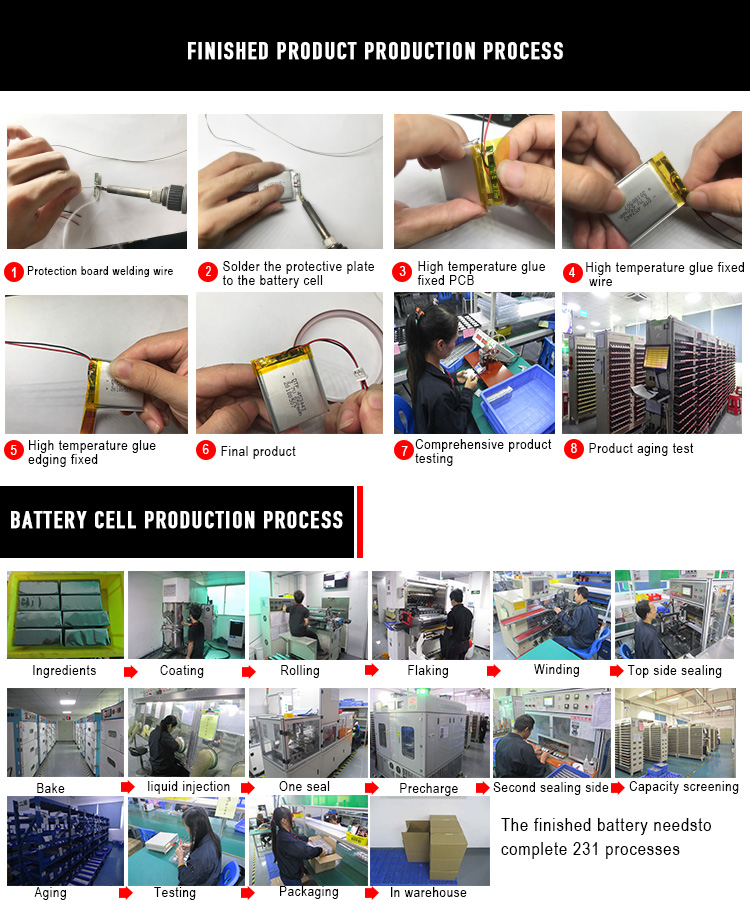Lithium-ion (Li-ion) batteries had been the power of choice for smartphones and various other portable devices. However, lithium polymer (LiPo) batteries are now gradually replacing Li-ion as the mainstream battery for most smart devices.

Housing Material
Lithium-ion batteries consist of positive and negative electrodes and are separated by a liquid chemical electrolyte, such as ethylene carbonate or diethyl carbonate. These batteries are mostly cylindrical or rectangular in shape due to the limitations of the manufacturing process and the housing material.
Like all batteries, the capacity of lithium-ion batteries decreases with the charge cycle and can even discharge when not in use. To make matters worse, the chemical electrolyte can become unstable at extreme temperatures. If punctured, thermal runaway or fires can occur.
Standard lithium-ion batteries require a strong case to press the electrodes together while lithium polymer does not. As a result, small LiPo batteries are lighter in weight compared to traditional hard-shell batteries, and thin-film technology can offer more flexible designs that more accurately fit the space in the battery compartment. These cell designs can be made in a myriad of shapes, such as ultra-thin, curved, Prismatic, etc., which also allows for more energy storage.

Moreover, in LiPo batteries, the microporous electrolyte replaces the traditional porous diaphragm, and an aluminum-plastic composite film is used as the packaging material. This aluminum film allows for more flexibility and a lower chance of thermal runaway and explosion from electrolyte leakage.
Cycle Life
Lithium-ion batteries will have a longer life than most other types of batteries. They can last about two to three years or even longer and about 300-500 charge cycles. Their cycle life continues to improve as lithium-polymer battery production and technology matures.
Conclusion
Both lithium-ion and lithium-polymer batteries are suitable for high power use. However, lithium-ion batteries are more widely available at a lower price, making them more suitable for mass use.
There are ultimately pros and cons to using either Li-ion and LiPo batteries, and the best one will be according to clients’ needs. However, with the progression of modern technology and the increased necessity of more technologically-advanced devices, we at Data Power strongly believe that lithium polymer batteries will be more sought after.

We are the world leading battery manufacturer to specialize in li ion batteries, lithium battery and battery pack.
If you have any questions about this topic or have any battery-related things you want to know, please feel free to contact us by email at info@dtpbattery.com. Or if anything what we could improve and what you will be willing to learn, email us, we will read the comment and provide a high-quality battery knowledge tutorial.
Data Power official website: https://www.dtpbattery.com/